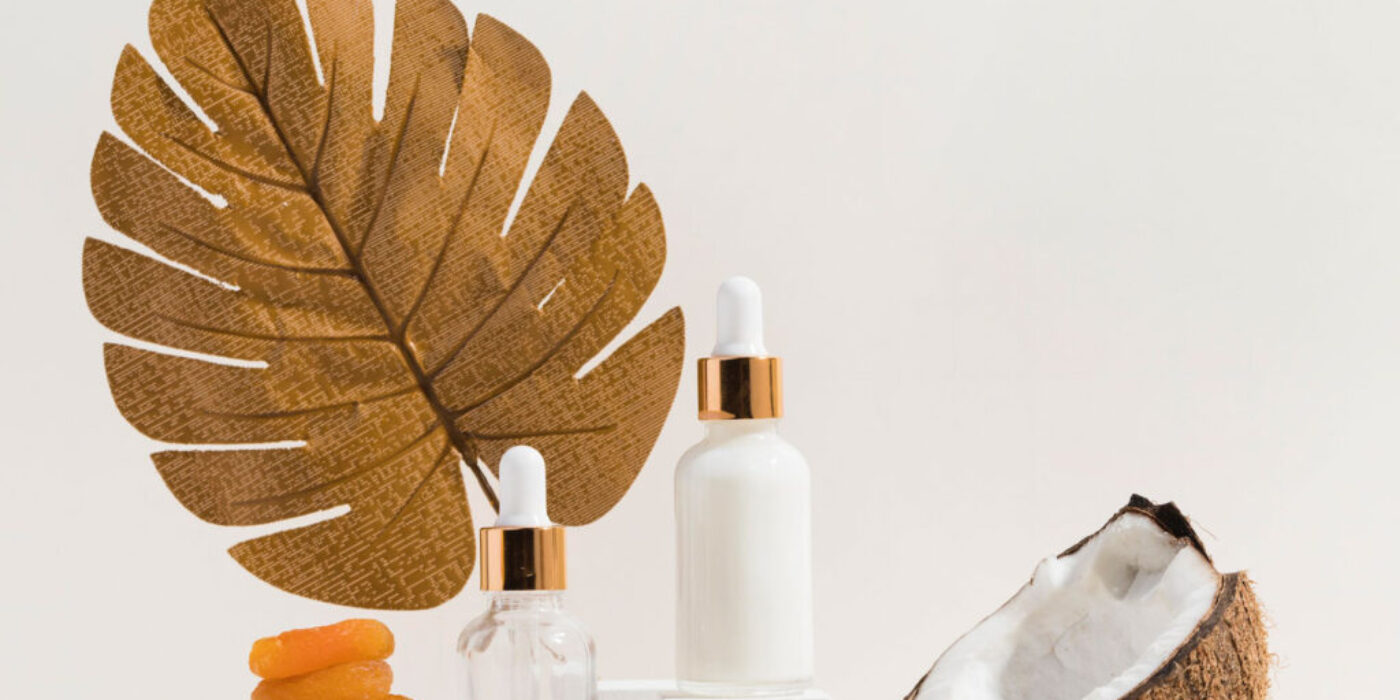Is Clean Beauty Worth the Hype?
Over the past few years, clean beauty has become one of the biggest trends in the cosmetic industry. From skincare to makeup, more brands are focusing on using natural and non-toxic ingredients. But is clean beauty really better for your skin, or is it just another marketing trend? Let’s break it down.
What Is Clean Beauty?
Clean beauty refers to products formulated without potentially harmful or controversial ingredients such as parabens, sulfates, phthalates, synthetic fragrances, and artificial dyes. Many clean beauty brands also prioritize cruelty-free and sustainable packaging.
Popular clean beauty brands include:
- Ilia Beauty (known for skin-friendly, high-performance makeup)
- RMS Beauty (uses organic, food-grade ingredients)
- Beautycounter (advocates for stricter safety regulations in beauty products)
Does Clean Beauty Work Better?
While clean beauty is often marketed as safer and better for your skin, the effectiveness of a product depends on its formulation. Some synthetic ingredients are not harmful and actually improve performance, while some natural ingredients can cause irritation (e.g., essential oils).
Pros of clean beauty:
✔ Fewer harsh chemicals that could irritate sensitive skin
✔ Often includes beneficial botanical extracts and antioxidants
✔ More environmentally friendly and cruelty-free
Cons of clean beauty:
✘ Lack of regulation—terms like “clean” and “natural” are not standardized
✘ Some formulas may be less effective than traditional cosmetics
✘ Can be more expensive than mainstream beauty products
Should You Switch to Clean Beauty?
If you have sensitive skin, allergies, or prefer eco-conscious products, clean beauty might be a great choice. However, always read ingredient lists and research brands rather than relying on marketing claims. The best beauty products, whether clean or not, are the ones that work for your skin.
